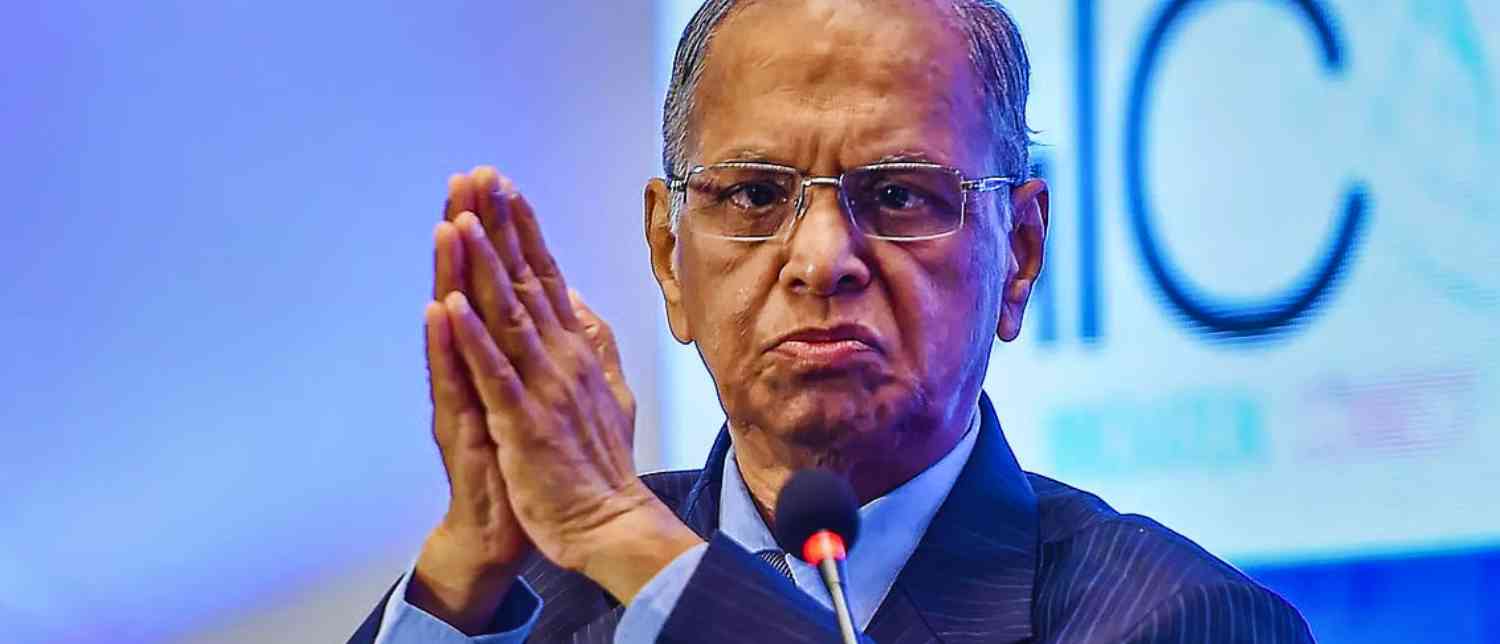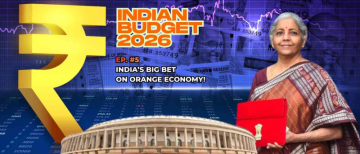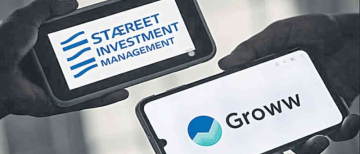In a recent development that has attracted significant attention, the promoters of Infosys, including co-founders Narayana Murthy, Nandan Nilekani, and Sudha Murty, have chosen not to participate in the company's largest-ever share buyback program worth Rs 18,000 crore. This decision was disclosed by Infosys in a regulatory filing and marks a notable moment in the company's financial strategy.
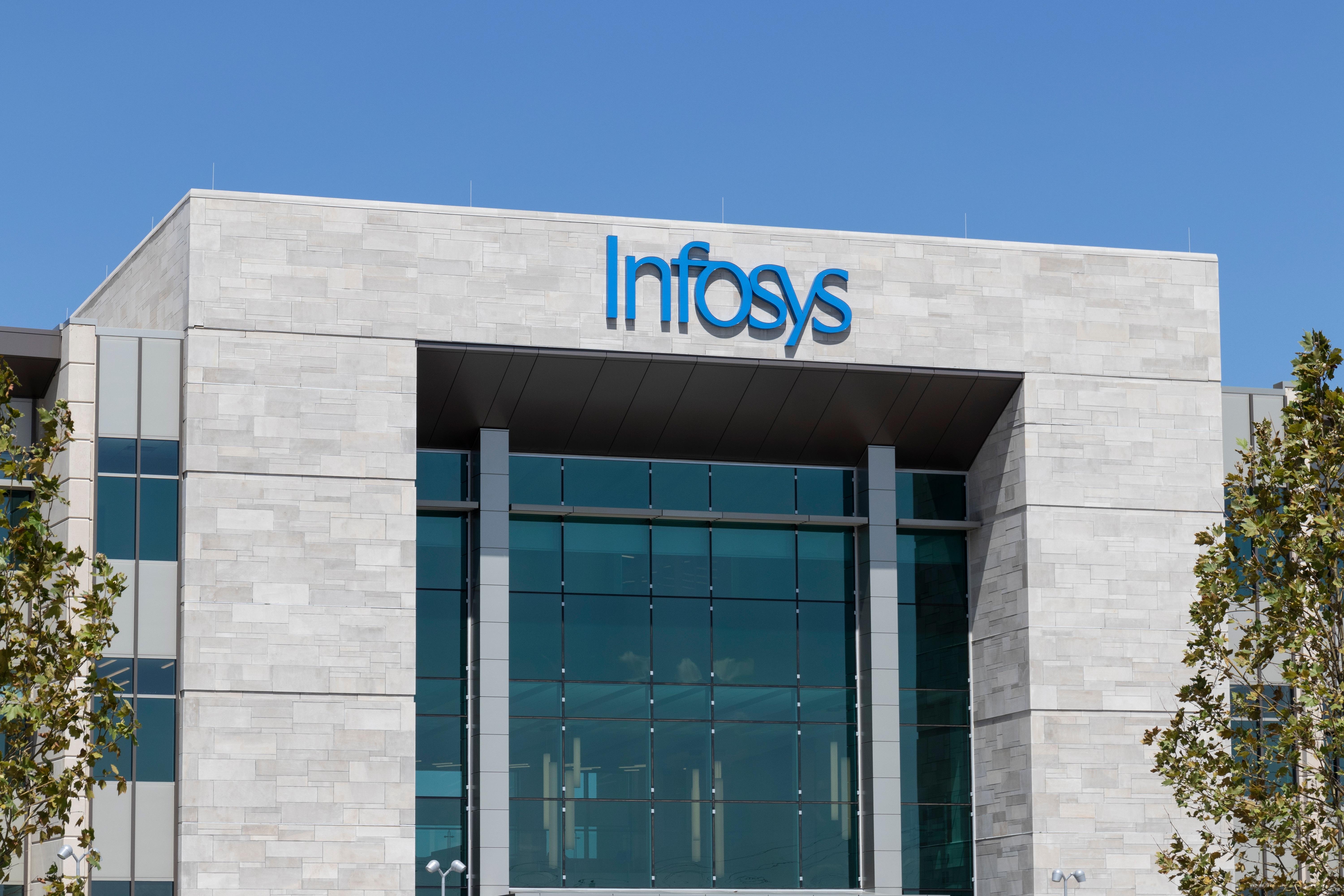
The buyback, approved by the board in September 2025, aims to repurchase 10 crore shares at Rs 1,800 each, representing about 2.41% of the company's total paid-up equity capital. The buyback price offers a premium of around 19% above the stock price at the announcement, signaling management's belief in the company's value. However, promoters and their families, who hold around 13.05% of the company shares, have opted out of this tender offer.
From a broader perspective, share buybacks are a common corporate tool used to return surplus cash to shareholders, reduce the number of shares in the market, potentially boost earnings per share, and signal confidence in the company's future. Infosys has a policy to return about 85% of its free cash flow over five years to shareholders via dividends and buybacks, reflecting a disciplined capital allocation approach.
Why did the promoters choose not to participate? Experts suggest that recent amendments in tax regulations have made buybacks less attractive for resident individual shareholders. Essentially, the tax cost on capital gains from the buyback may outweigh the premium offered by the company, especially for long-term individual holders. This tax-driven decision indicates a cautious approach by the promoters rather than a lack of confidence in the company's prospects.
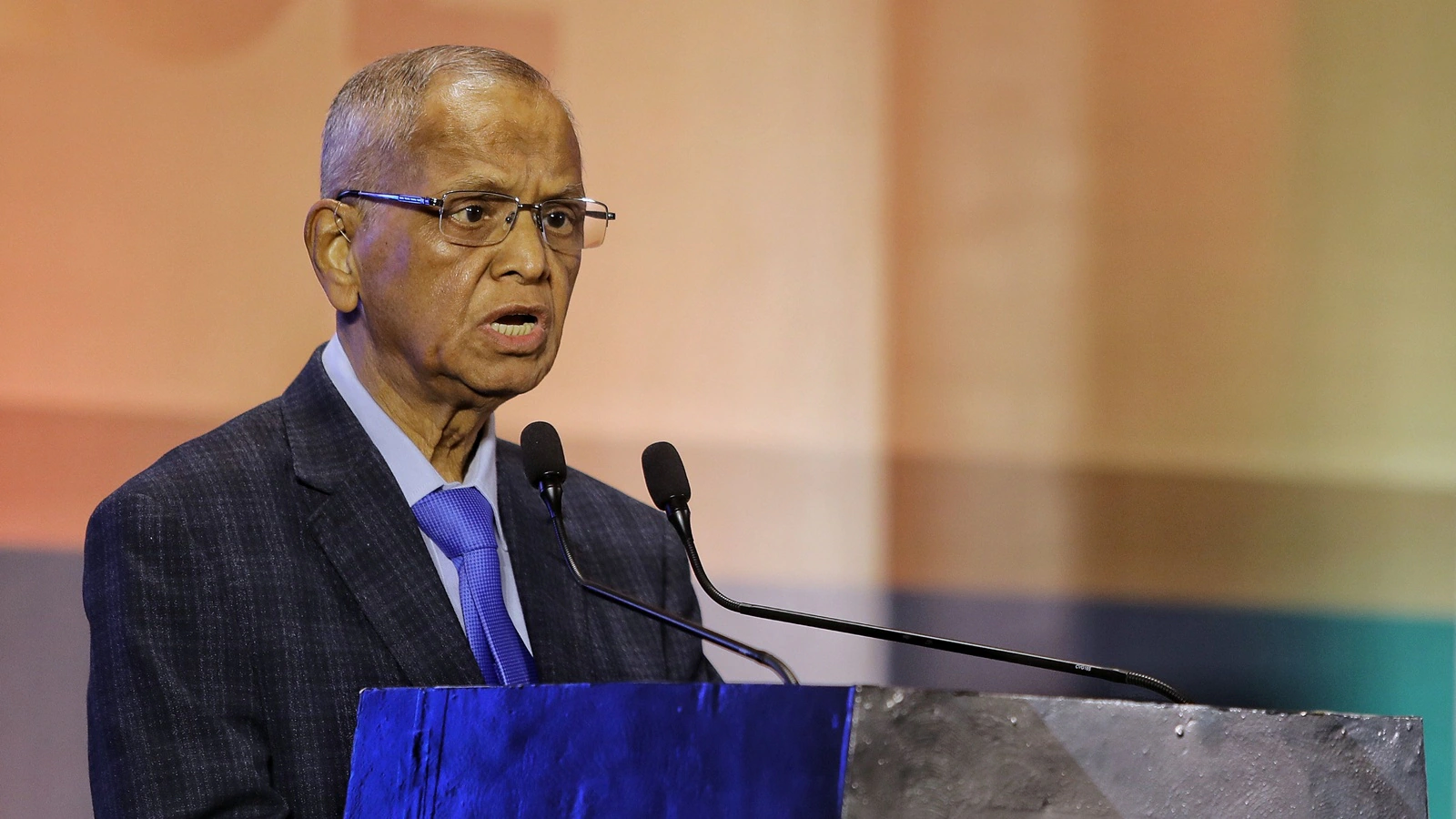
Interestingly, the market reacted positively to this move. Infosys shares surged by nearly 5% after the promoters' announcement, partly because their opting out increases the entitlement ratio for retail and public shareholders, meaning non-promoter investors can participate more and potentially gain more from the buyback.
This scenario reflects a nuanced face of modern corporate finance where key stakeholders balance multiple factors—financial strategy, tax implications, and market signaling—before deciding on participation in buybacks. While the promoters' choice might seem like opting out of a lucrative offer, it underscores their understanding of the tax environment and a focus on strategic long-term value rather than short-term gains.
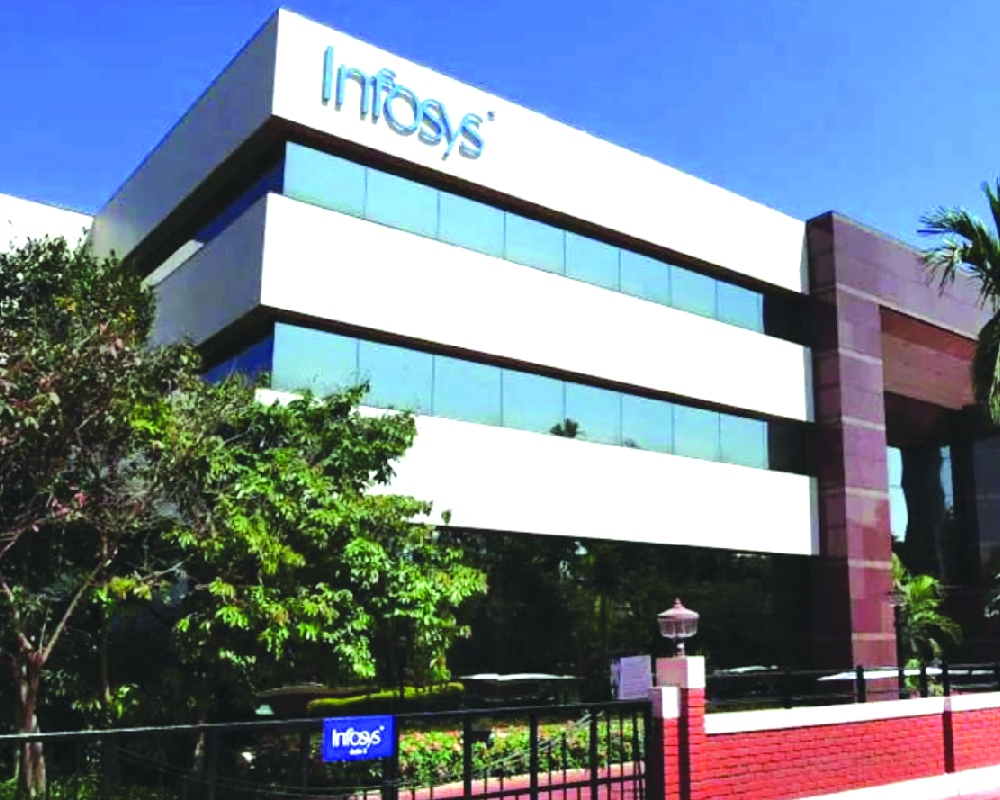
In summary, Infosys' Rs 18,000 crore buyback is one of the largest in India and aligns with the company's goal of returning cash to shareholders. The promoters' decision not to participate is largely influenced by tax considerations and has opened up better opportunities for public investors. This decision highlights the complex interplay of corporate strategy, shareholder interests, and regulatory changes in today's financial markets.
With inputs from agencies
Image Source: Multiple agencies
© Copyright 2025. All Rights Reserved. Powered by Vygr Media.

